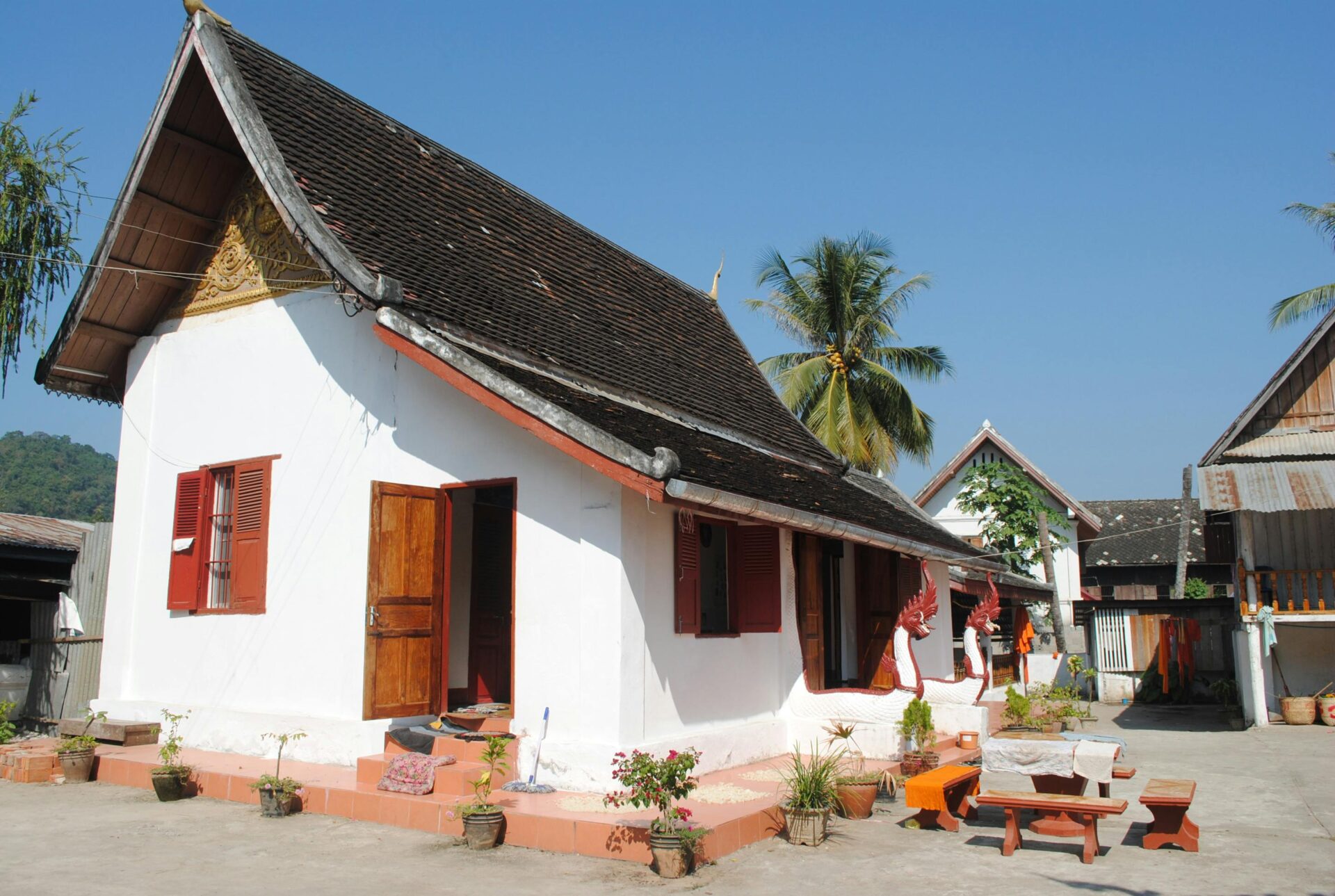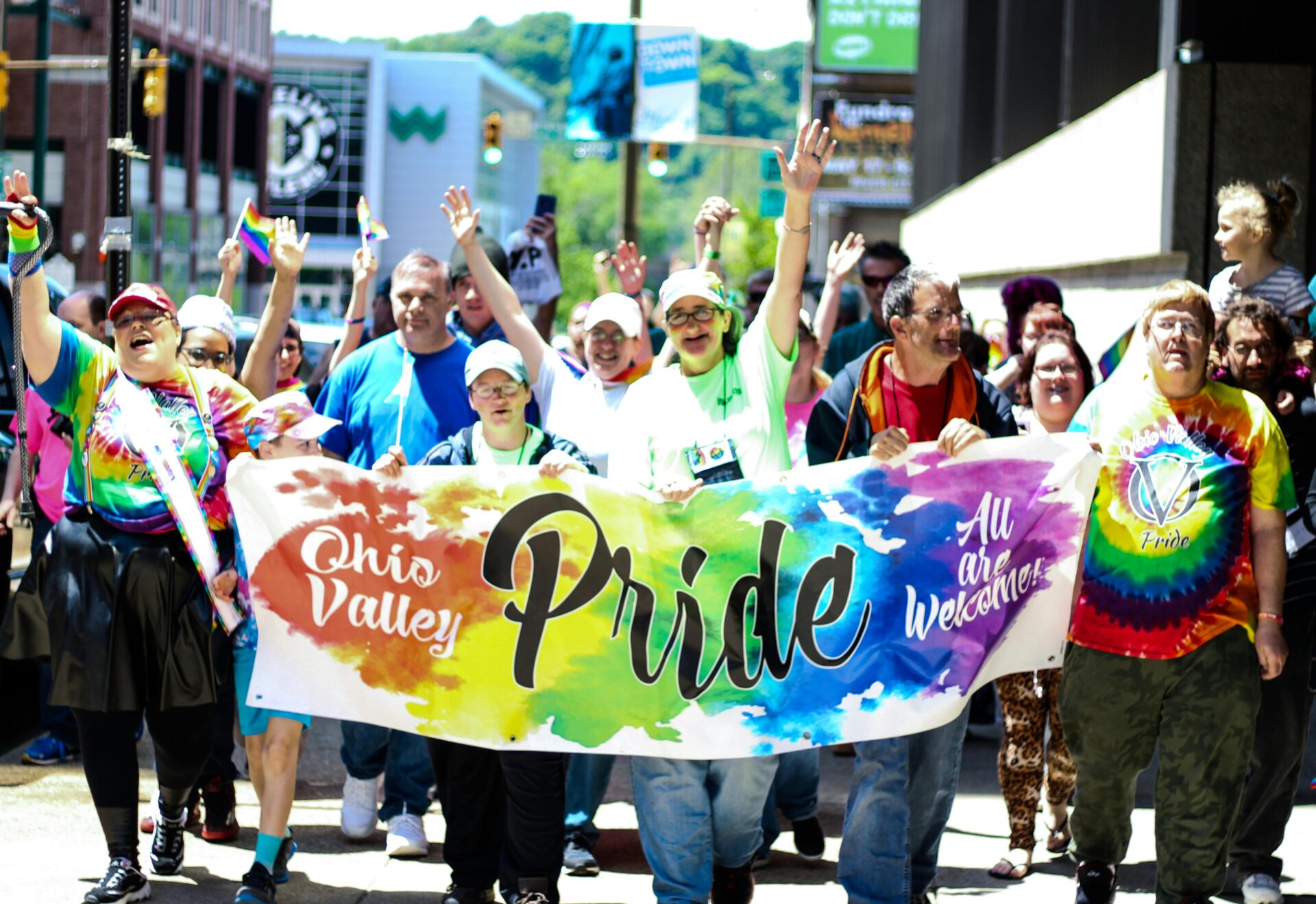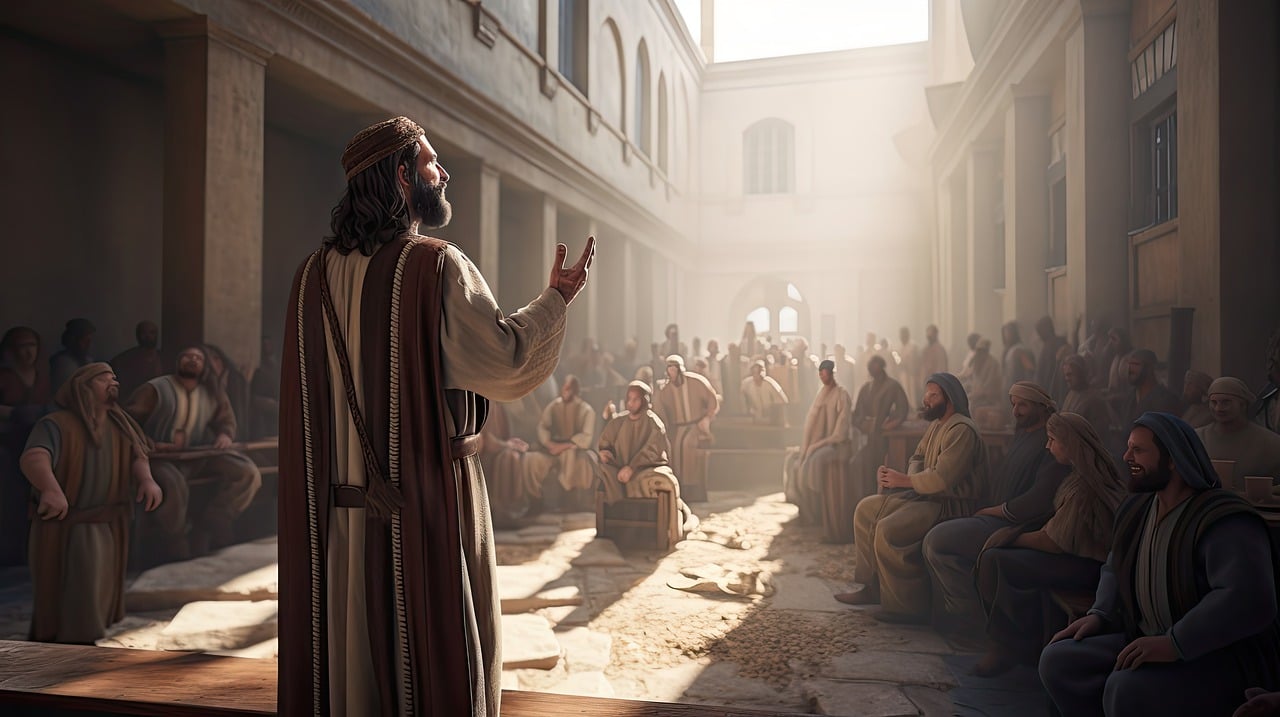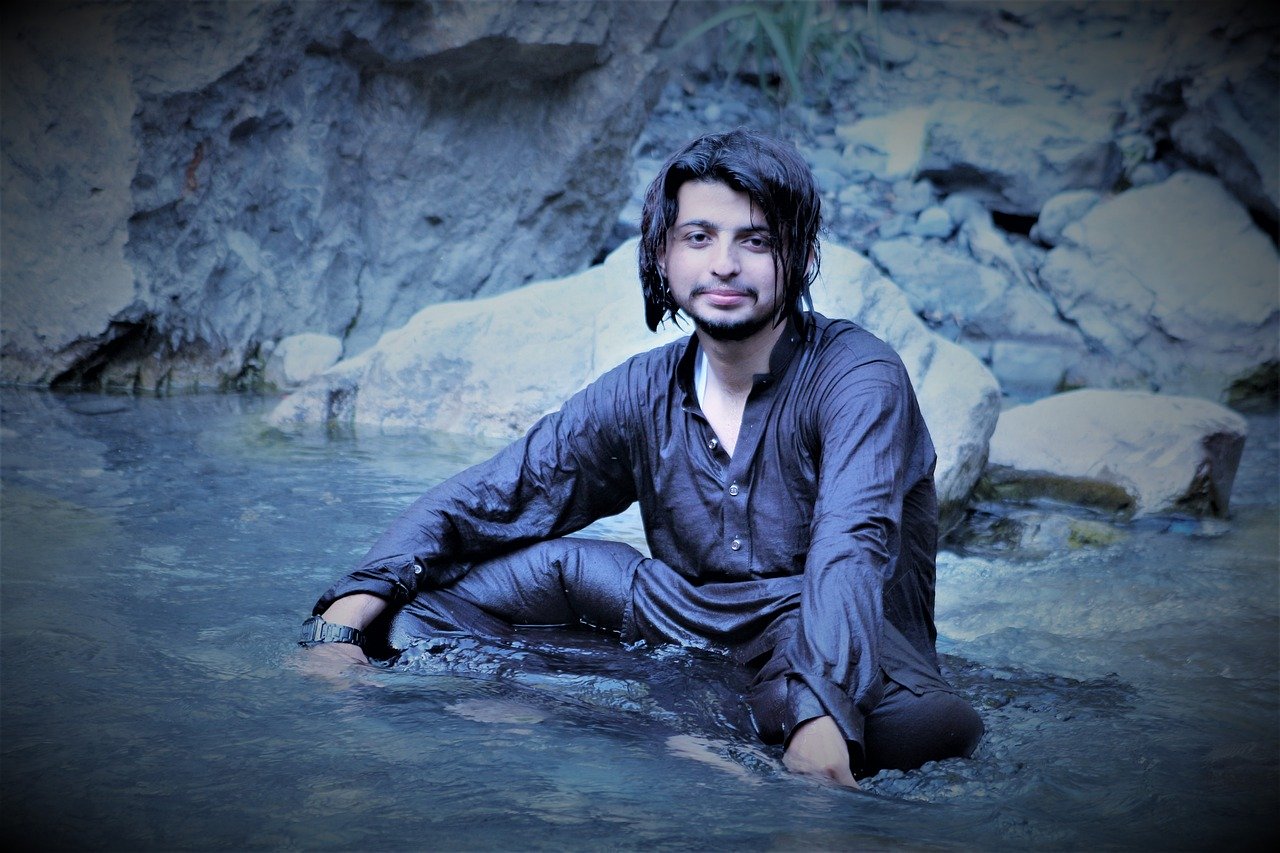A rights watchdog claims that on June 22, while they were preparing for worship services the following day, village officials in central Laos detained a pastor and five other Christians.
According to Sirikoon Prasertsee, director of Human Rights Watcher for Lao Religious Freedom (HRWLRF), the local authorities detained the pastor of the church, known only as Pastor Mum, and the other Christians in Tahae village, Xaibouathong District, Khammouane Province.
“The arrests took place on Saturday at Mr. Mum’s home while they were meeting for prayer in preparation for Sunday morning worship on the following day,” Prasertsee said. “They are currently being imprisoned in Xaibouathong District prison.”
She identified the other five Lao Christians as Liang, a 40-year-old man; Pa, a 24-year-old man; Laen, a 50-year-old woman; Lan, a 23-year-old woman; and Khoon, a 28-year-old woman.
After putting his faith in Christ and experiencing God’s healing in 2019, Pastor Mum said he started a church that openly met in his home until May, when a new village chief, Lang, took over.
“An additional individual in Tahae village and the neighboring villages has also utilized their freedom of religion to convert to Christianity,” said Prasertsee. Following the appointment of a new village chief, which resulted in the arrest of Mr. Mum and five Lao believers, there was a significant reduction in the freedom of Christianity in Tahae village.
The village chief claimed that three unnamed security officers—Bounma, Jit, and Kam—along with deputy village chief Khampune, deputy village chief Ang, and village chief Lang—were responsible for the arrests.
She noted that Article 30 of the Lao Constitution recognizes the right and freedom of Lao citizens “to believe or not to believe in religion.”
The U.S. Department of State’s 2023 report on international religious freedom, released on Wednesday (June 26), states that religious leaders in Laos asserted that even though authorities in urban areas and some districts had a strong understanding of laws governing religious activities, improper restrictions on religious freedom remained prevalent in rural areas.
“Reports continued of local authorities, especially in isolated villages, discriminating against and sometimes expelling followers of minority religious groups, particularly Christians, for refusing to renounce their faith,” the report states.
According to the State Department report, Lao Evangelical Church leaders said local authorities pressured 79 Christian families from the Xaybuathong, Yommalath, and Bualapha districts in Khammouane Province to sign documents renouncing their faith last year.
In October, Sa Mouay District officials reportedly forced eight or more families from three villages and destroyed their homes following their conversion to Christianity, the report states.
“In September and October, local officials in rural areas in Sa Mouay District, Salavan Province, reportedly destroyed homes of Christian converts across four villages, forcing families to leave,” the report states. “According to sources, officials offered land to some of the families for rebuilding homes in one village but without other compensation.”
Of Laos’ population of 7.9 million people, 64.7 percent are Buddhists, 1.7 percent are Christians, and 31.4 percent report having “no religion,” a category that includes those with animist beliefs who do not fit into other categories, according to the 2015 census. According to the State Department report, the remaining 2.2 percent belonged to different religious groups or did not state an answer.
Laos ranked 21st on Open Doors’ 2024 World Watch List of the 50 countries where it is most challenging to be a Christian.




